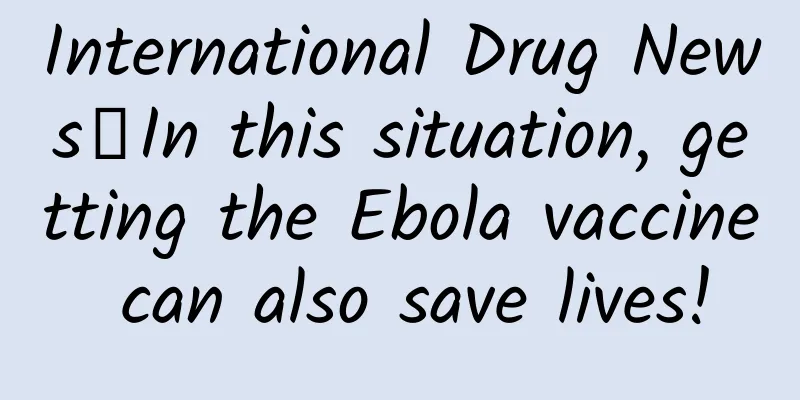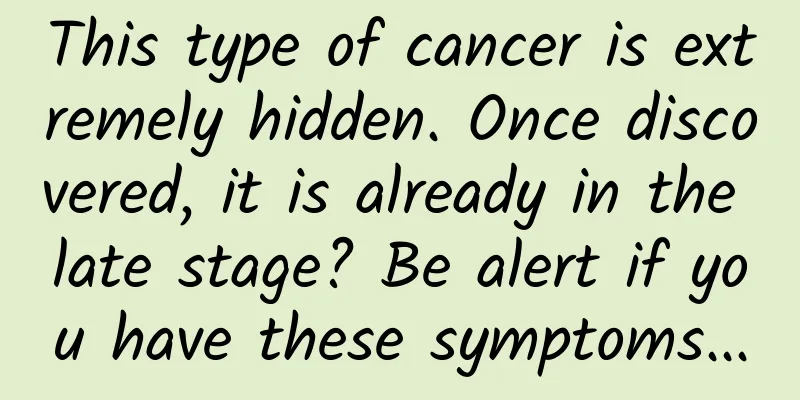International Drug News丨In this situation, getting the Ebola vaccine can also save lives!

|
The Lancet - Infectious Diseases: Ebola vaccine remains effective even after infection. An analysis of data from a large Ebola outbreak in the Democratic Republic of the Congo (Zaire) from 2018 to 2020 (see figure below) showed that people who received a single dose of Merck's Ebola vaccine (Ervebo) before developing symptoms had a halved risk of dying from Ebola - including those who were vaccinated just one or two days before becoming ill. In fact, the case fatality rate was 27% for those who were vaccinated two days or more before the onset of illness, compared with 56% for those who were not vaccinated. Another important finding of the study is that people who are infected with Ebola virus after vaccination can be effectively treated with Ebola antibodies just like those who are not vaccinated. Previously, some people were worried that after vaccination, the vaccine might interfere with the antibodies, that is, antagonism would occur. The results of this study suggest that although the immune system does not have enough time to produce a strong immune response to the vaccine (including cellular and humoral immunity), vaccination can still clearly bring benefits. In addition, it seems that in the future, Ebola vaccines and Ebola monoclonal antibodies may be used for post-exposure prevention like rabies vaccines and rabies passive immunization preparations (including rabies monoclonal antibodies). But what is embarrassing is that a recent study on post-exposure prevention (simply put, vaccination as soon as possible after infection, just like rabies vaccine) conducted in non-human primates (published in the Journal of Infectious Diseases, picture below) turned out to be a failure - macaques were injected with a lethal dose of Ebola virus and then vaccinated. Although the infected animals had a slower disease progression than unvaccinated animals, they had no survival advantage. This result is actually somewhat contradictory to the research results of The Lancet Infectious Diseases. The failed animal trials were also led by Heinz Feldmann, the developer of the Ebola vaccine mentioned above, who collaborated with the Rocky Mountain Laboratories of the National Institutes of Health in Hamilton, Montana. Therefore, further research is still needed in the future to analyze whether post-exposure prevention is feasible or can explain its theoretical mechanism. willing =丸= Disclaimer: This article was created out of personal interest, only to allow more ordinary people to have a clearer understanding of vaccines. The content and views do not represent any organization, unit, or institution, and have not accepted any form of sponsorship. All pictures are from public online platforms. If the content is incorrect, everyone should do more self-criticism (not). |
Recommend
If you already have liver cirrhosis, can multidisciplinary diagnosis and treatment give you a new lease of life?
This is the 4785th article of Da Yi Xiao Hu On th...
Minimally invasive gynecological surgery
The incidence of gynecological diseases in clinic...
Can pregnant women use salt water to clean their lower body?
For most women, pregnancy should be a necessary t...
What to do if you catch a cold during your period
Cold is a very common symptom. Many people suffer...
How much does breast enhancement injection cost
I want to know if there are any side effects of b...
How many days does it take to get an abortion?
You should understand that the sooner the abortio...
How to cure fungal vaginitis quickly? Regular medication is the key
Candidal vaginitis is a common disease at present...
What should women eat to replenish their energy after surgery?
In medical technology, surgery is a relatively ba...
How to treat heavy menstrual flow?
Some women often have much more menstrual flow th...
The COVID-19 vaccine booster shot is launched amid controversy. What is the controversy about the third shot? Is the third shot necessary?
With the third wave of the epidemic hitting, conf...
How to treat a cold during pregnancy
Some pregnant women have problems during pregnanc...
What contraceptive measures should women take?
Contraception is an issue that many families take...
Is there any benefit to taking 10,000 steps a day? | Base Construction
Audit expert: Wang Linyu Deputy Chief Physician, ...
Why is there a lot of vaginal discharge after having sex during ovulation?
Many women have gynecological problems, so they n...
When is menopause normal for women?
The onset of menstruation is a sign that women ar...









